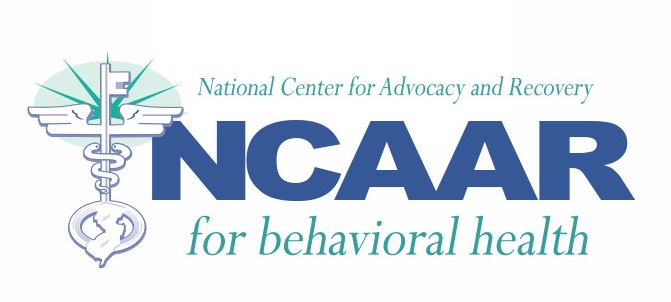Last week they were discussing whether or not Josh Hamilton (center fielder for the Texas Ranger) deserves a long-term contract after this year since his current contract is coming to a close.
To give you a brief history on Josh Hamilton, he was the
first overall player drafted in 1999 and was one of the highest rated baseball
prospects in years. Active addiction
derailed his early career and he didn’t see time in the Major Leagues until
2007. From 2006-2009 he was clean, with
a short relapses in 2009, and early
2012.
The host of the show asked Philadelphia Philly fans if they
would want Hamilton on their team given his history with addiction. It didn’t even take me two callers to
remember why I work to address the stigma that exists for people in recovery.
I sat in my car and heard a number of Philadelphia sports fans
tear him apart saying they wouldn’t want him on their team because “the guy has
demons” and has “too much baggage” and would become a liability to his
team. The way they portrayed him you would have
thought Josh Hamilton was a serial killer rather than a baseball player.
Just to put this into
context a little bit, the Philadelphia Phillies organization right now has a
terrible offense. They can’t produce
runs and are desperate for a big bat in their line-up.
Currently Josh Hamilton leads the major leagues in home runs
and runs batted in. He even broke the
record for total bases in early May, hitting four home runs in one game and a
double. Not to mention that Hamilton is
a four-time All Star, and 2010’s most valuable player, winner of the batting
title and for the past two seasons has lead his team to championship games.
I remember reading a feature on Hamilton in Sports
Illustrated years ago and watching him hit an amazing 28 home runs in the 2008
home run derby. I wonder if anyone was
thinking about his demons and baggage while they watched this.http://www.youtube.com/watch?v=NZQkI-qyvOo
I also wonder if anyone stopped to consider that because Josh Hamilton has faced his “demons”, or conquered barriers of stigma and negative public perceptions, and is living a career that is constantly under a microscope, that he is stronger and a better player as a result. He is a man who relies heavily on his faith and has earned the respect of his teammates to a point that when the Rangers celebrate championship victories they refrain from shaking up and spraying champagne, but choose to celebrate with bottles of ginger ale.
People in recovery from addiction and alcohol overcome barriers every day. Some of these barriers include stigma, shame, lack of family services, funding, insurance discrimination, and not to mention many people in recovery may have criminal records making job applications harder than hitting four home runs in a single game.
Many people in recovery vote, take care of families, inspire
others in recovery daily, write elected officials, advocate, have gainful
employment, and go back to school.
It is time we highlight and elevate that recovery is a reality
for millions of people, and that we can change the negative public perceptions
about people in recovery by telling our stories and discussing these barriers
together.
Many real life examples are out there. Devin Fox, an NCADD-NJ Advocate, recently
graduated from Rutgers University with a masters degree in social work, and
also from the Rutgers Recovery House.
The Recovery House is a great example of removing a barrier for someone
in recovery, meaning a safe and fun housing option existed on a college campus
where alcohol and other drugs are prevalent at that age.Congratulations, Devin, to you and your family!
As a person in recovery since Sept. 6 of 2003, I can
honestly say that life is better as a result and overcoming barriers has made
me a stronger individual.
NCADD-NJ Advocates are planning a forum to discuss this
exact topic at Ocean County College on Wednesday June 13th from
6-8PM. For more information on the event
click on the link below.http://www.ncaddnj.org/file.axd?file=2012%2f5%2fListening-Forum-Poster.pdf
And as for Josh Hamilton… I am sorry that the Philadelphia Phillies fans
that I heard on the radio didn’t want him on their beloved team, but the way I
see things, it is their loss. Let him go
to the Red Sox instead!
By Aaron Kucharski
By Aaron Kucharski

